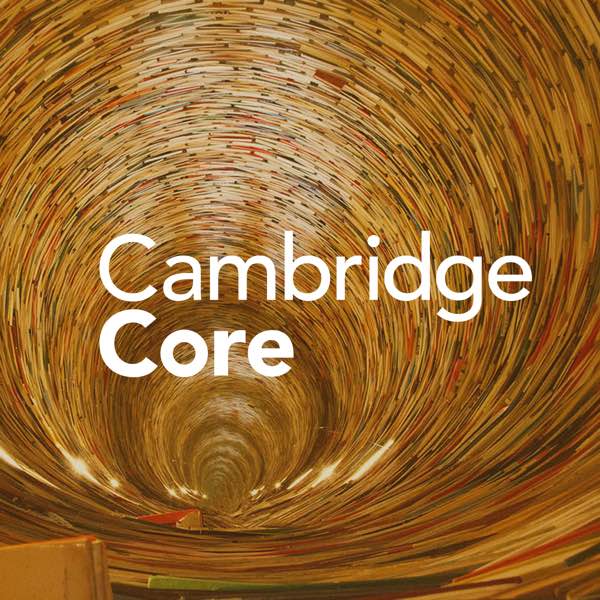"Thomas Jefferson and many of his contemporaries understood that the natural rights of man depended upon teleological considerations. So viewed, and accepting the premise that man's goal is being with his Creator for eternity, man has the duty to abide by His will and directions, because they are necessary to satisfy man's duties. Jefferson wrote that "the true office is to declare and enforce our natural rights and duties."24 The existence of natural duties and the relationship of rights to duties were quite apparent to Jefferson, and anyone who has studied the man should realize that the only natural duties Jefferson acknowledged were not to temporal kings, but to the Creator.
James Madison was even more explicit that the source of rights exists in man's duty to his Creator. Writing of the unalienable right of religion in his Memorial and Remonstrance, he stated that the right is unalienable "because what is here a right towards men, is a duty towards the creator. It is the duty of every man to render to the Creator such homeage, and such only, as he believes to be acceptable to Him. His duty is precedent, both in order of time and in degree of obligation, to the claims of Civil Society. Before any man can be considered as a member of Civil Society, he must be considered as a subject of the Governor of the Universe: And if a member of Civil Society, who enters into any subordinate Association, must always do it with a reservation of his duty to the general authority; much more must every man who becomes a member of any particular Civil Society, do it with a saving of his allegiance to the Universal Sovereign." 25
Another leading Virginian, George Mason, was equally clear in asserting that the obligation of man to his Maker was the source of natural rights. In 1772 he wrote: "Now all acts of legislature apparently contrary to natural right and justice, are, in our laws, and must be in the nature of things, considered as void. The laws of nature are the laws of God: A legislature must not obstruct our obedience to him from whose punishments they cannot protect us. All human constitutions which contradict His laws, we are in conscience bound to disobey. Such have been the adjudications of our courts of justice." 26
The imperative necessity of understanding ends and duties in order to delineate natural rights was appreciated not only by Messrs. Jefferson, Madison, and Mason, but also by Virginians generally in our formative period. The members of the Virginia convention that ratified the United States Constitution saw and stated that the natural rights of conscience and religion are predicated upon an obligation to God. They contended that it was because of "the duty which we owe to our Creator," that "all men have an equal, natural and unalienable right to the free exercise of religion according to the dictates of conscience." 27"
Founding Fathers were anti-atheist
